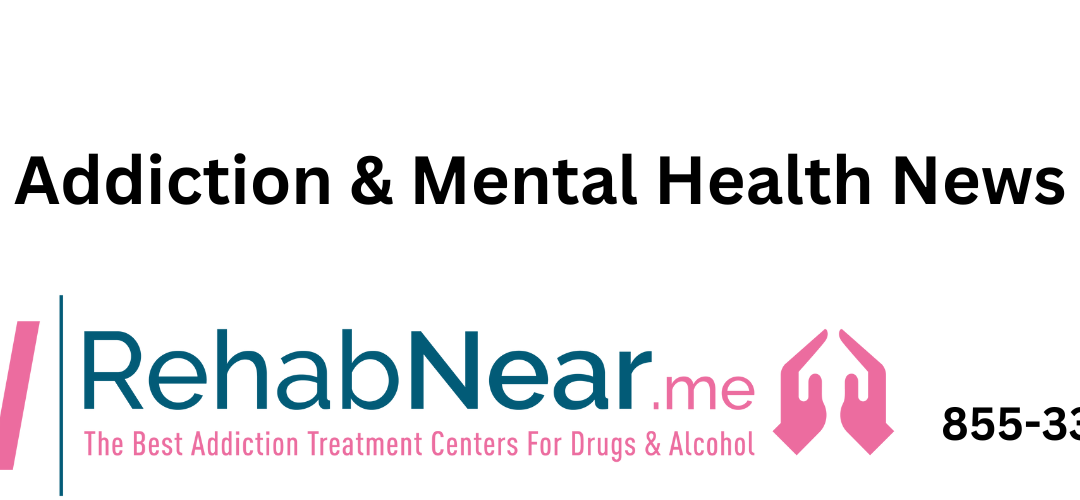Receiving therapy for problematic social media use can be effective in improving the mental wellbeing of people with depression, finds a new study by UCL researchers.
The research, published in the Journal of Medical Internet Research, found that social media use interventions could help adults for whom social media use has become problematic or interferes with their mental health.
Problematic use is when a person’s pre-occupation with social media results in a distraction from their primary tasks and the neglect of responsibilities in other aspects of their life.
Previous research has suggested that social media use can become problematic when it starts to interfere with a person’s daily life and leads to poor mental wellbeing, including depression, anxiety, stress and loneliness.
To address these issues, and improve users’ mental health, social media use interventions have been developed and evaluated by researchers. Such techniques include abstaining from or limiting use of social media, alongside therapy-based techniques such as Cognitive Behavioural Therapy (CBT).
The researchers analyzed 23 studies which featured participants from across the globe, between 2004 and 2022. They found that in more than a third of studies (39%), social media use interventions improved mental wellbeing.
In a recent study highlighted by News-Medical, researchers have revealed a concerning association between problematic social media use and symptoms of depression. The study, conducted by experts in psychology and mental health, delves into the potential repercussions of excessive engagement with social media platforms.
The research, involving a substantial sample size, identified a direct link between heightened levels of problematic social media use and increased occurrences of depression symptoms. Individuals who exhibited incessant checking, difficulty disengaging, and emotional distress related to social media reported experiencing more significant depressive tendencies.
These findings emphasize the importance of understanding the impact of online interactions on mental health. While social media has revolutionized communication, its excessive and uncontrolled use can contribute to feelings of isolation, comparison, and inadequacy, exacerbating underlying mental health issues.
If you or someone you know is grappling with addiction or struggling to manage social media use, don’t hesitate to seek help. Reach out to RehabNear.Me at 855–339-1112 for compassionate support and expert guidance. Our dedicated professionals are committed to assisting you toward improved mental well-being and a healthier relationship with technology. Your path to recovery and mental wellness begins with a single step—make the call today.
If addiction or mental health challenges affect you or a loved one, contact RehabNear.Me at 855–339-1112. Let us provide the support and resources needed to overcome these hurdles and embark on a healthier, happier life.








